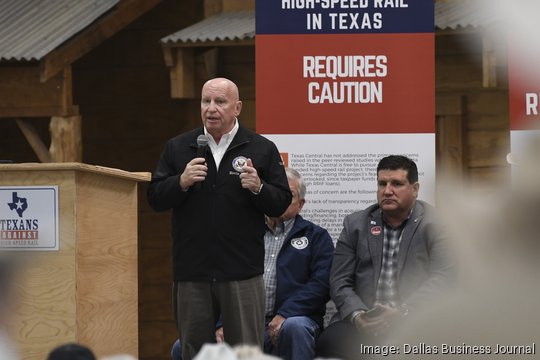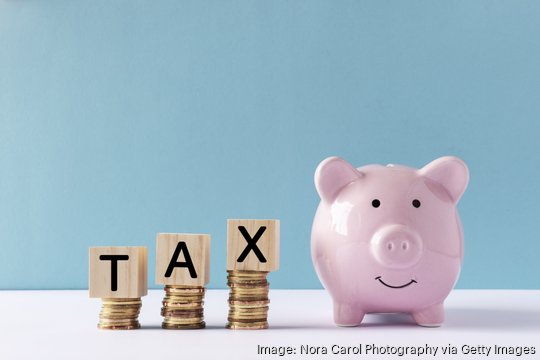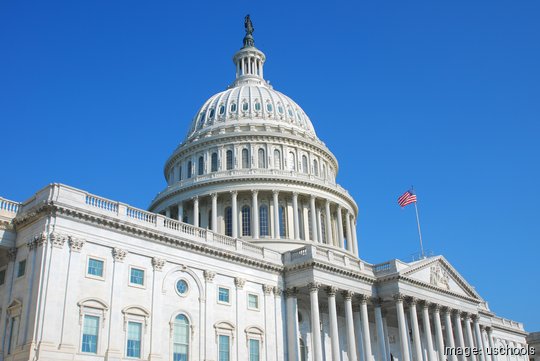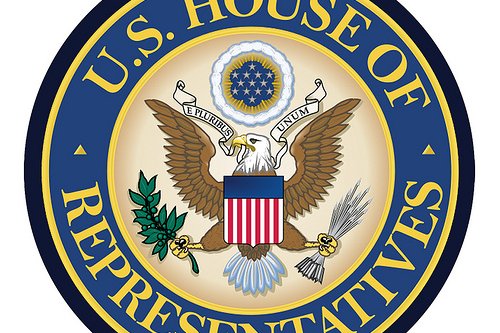
For scientist and father Karl Thor, the mission behind Dignify Therapeutics is personal. So much so that, to pay the startup’s surprise tax bill, he has completely deferred his salary.
While he says he'd do it again — the mission of the company a personal pain point as his son is a quadriplegic and would directly benefit from its technologies — not everyone has the savings to back up that kind of bet.
Those still taking in a paycheck from the Research Triangle Park startup have reduced it to less than half of what they were making two years ago.
But the IRS keeps coming.
“Even though I didn’t get a salary, I had to report income of $111,000 that I never saw,” Thor, Dignify’s chief scientific officer, told TBJ. “It went straight from the NIH to the vendors to pay for the research. It’s almost unbelievable, isn’t it?”
“It” is Section 174. Lawmakers in Washington failed to extend a provision that allows R&D costs to be fully expensed under Section 174 of the tax code. And despite more than a year of heavy lobbying efforts, the Senate has yet to implement a fix, often leaving founders at research-heavy companies personally footing startup bills.
That’s after the House of Representatives passed a solution as part of its recent bipartisan tax package.
Senators have told TBJ they’re sympathetic, but have stopped short of saying they’d support the bill because of other measures included in it, such as a child care tax credit extension.
As the Senate continues its inaction amid other priorities in Washington, Thor said the status quo could break startups like his, already trying to budget in inflation. Dignify is being taxed on millions of dollars in grants that it applied for before knowing the provision wouldn’t be extended — money that’s supposed to go toward, as the name suggests, restoring dignity to patients.
Section 174: A timeline
Section 174: A timeline
The mission
It’s a mission Thor is committed to, so much so that he’s living off of retirement savings while hoping for an eventual fix in Washington. Thor’s son is paralyzed, so he sees firsthand how impactful the drugs Dignify Therapeutics is trying to push out could be.
It’s working on technologies to replace catheter use, to help patients manage their bowels.
“People with spinal cord injuries place a higher value on restoring control of their bowel and their bladder than they do their ability to walk,” Thor said.
Mobility is a restriction, but having an incontinence episode at work or on a date is unthinkable for patients who find themselves in that situation, he said. Thor believes that, with enough time, Dignify, from its tiny office at RTP’s First Flight Venture Center, will find ways to protect patients from those indignities.
“There’s nobody else doing this,” he said. “That’s why the NIH has been supporting us.”
But innovation like what Dignify is working on can only happen if there’s capital to support it, and Thor fears some companies in its position won’t have management teams able to forgo their salaries to pay unexpected tax bills.
“They’re going to kill small business and innovation,” he said of lawmakers.
In the meantime, Dignify is working to raise a Series A round, and “just holding our breath,” hoping for a fix.
Eva Garland of Eva Garland Consulting works with many startups dealing with the Section 174 issue, including some whose founders told TBJ they feared bankruptcy could be coming. So far, they haven’t had to file, but there’s only so many delaying tactics that an early-stage company can implement should inaction continue.
“The vast majority of our clients have filed extensions without paying the estimated taxes and are praying for the law to be changed,” Garland said.





